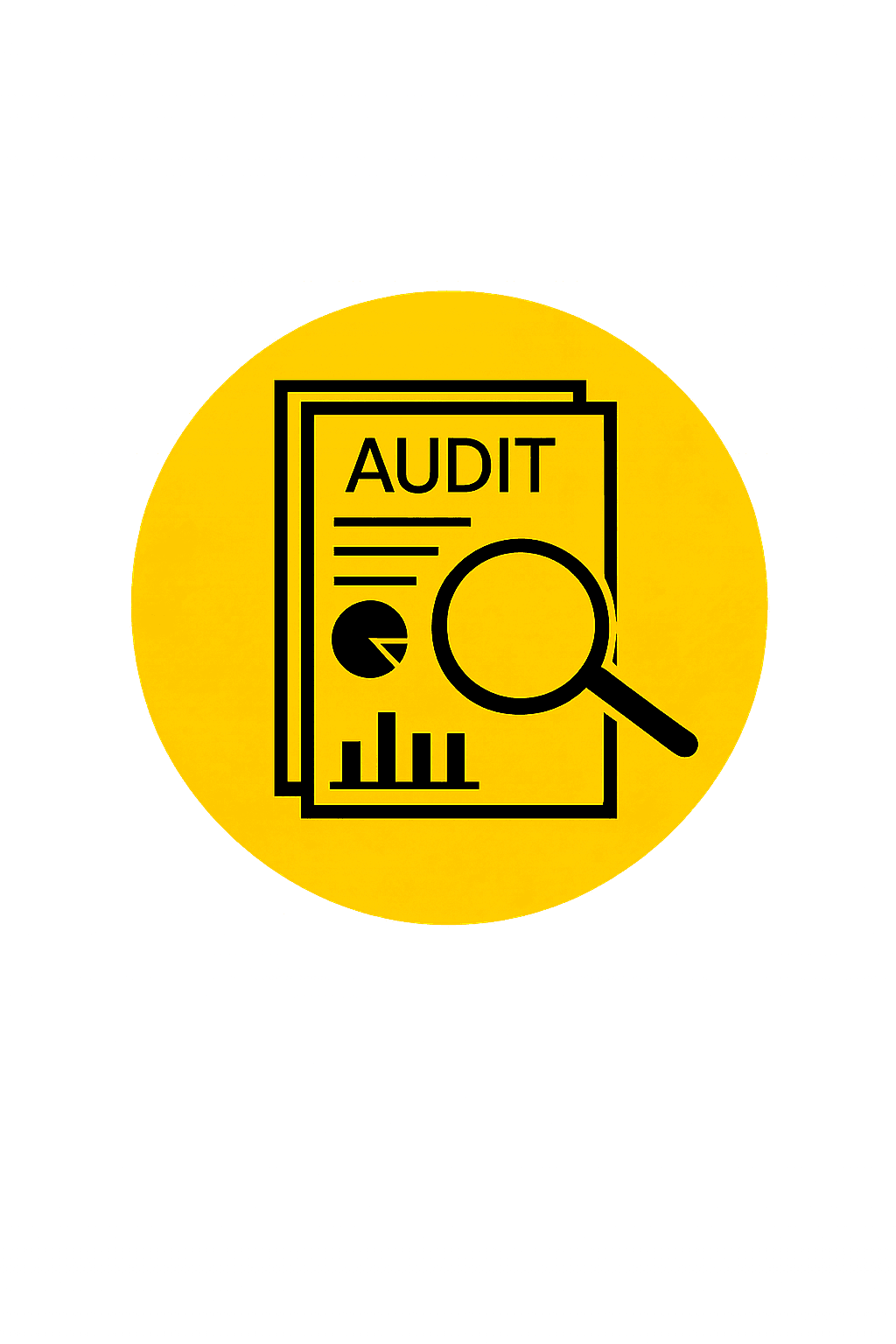Expanding into Europe? The Czech Republic offers a strategic, low-cost base for establishing your export-import business through an s.r.o. (společnost s ručením omezeným) — the Czech version of a limited liability company. Here’s what you need to know.
Why Choose the Czech Republic?
Located in the heart of Europe, the Czech Republic is a landlocked EU member with strong road, rail, and air links to Germany, Austria, Poland, Slovakia, and beyond. Its open economy, skilled workforce, and favorable tax regime make it ideal for trading companies.
Legal and Tax Regime
A Czech s.r.o. is easy and affordable to set up.
-
Minimum share capital: CZK 1 per shareholder (approx. €0.04).
-
100% foreign ownership is allowed.
-
Corporate income tax: 21%.
-
Dividend tax: 15% (may be reduced or exempt under EU Directives or tax treaties).
Incorporation typically takes 2–3 weeks, and the company must have a registered office in the Czech Republic. No resident director is required.
Czech VAT Regime for Trading Companies
Once your company’s turnover exceeds CZK 2 million (~€80,000) annually, VAT registration is mandatory. Voluntary VAT registration is possible earlier — which is often advantageous for export-import businesses.
-
Standard VAT: 21%.
-
Intra-EU exports: 0% VAT (reverse charge mechanism).
-
Imports: VAT can be deducted if the buyer is VAT-registered.
The Czech VAT system is fully harmonized with EU rules, which facilitates cross-border B2B transactions.
Common Export-Import Activities
Many investors use Czech s.r.o. structures to import goods from Asia or the US, warehouse them in central Europe, and then distribute across the EU.
Typical goods include:
-
Consumer electronics
-
Industrial components
-
Fashion and textiles
-
Packaging materials
-
Food and beverages
Case Study: German-Chinese Trading Venture
A German entrepreneur partnered with a Chinese supplier to import LED lighting into Europe. They formed a Czech s.r.o., registered for VAT, and rented warehouse space in Prague. Goods are imported from Shenzhen to Prague via Hamburg and then delivered to B2B clients across Germany, Austria, and Poland. Thanks to the 0% intra-EU VAT rate and input VAT recovery, their Czech s.r.o. minimizes tax friction while benefiting from EU single market access.
If you’re looking to build a cost-effective trading hub in Europe, registering a Czech s.r.o. gives you legal certainty, favorable taxation, and VAT benefits. It’s an ideal solution for exporters and importers targeting the EU.
Need assistance setting up your Czech company or VAT registration? Please contact your Damalion expert here to help.
Register your export-import company (s.r.o.) in the Czech Republic — simple capital, 100% foreign ownership, VAT and EORI basics, licensing, banking, and a clear registration flow from notarization to activation.
For entrepreneurs, SMEs, trading houses, holding companies and international groups • We scope the use case, prepare files and coordinate providers so banks and authorities can review efficiently. Approval always remains with the bank and the authorities.
Last updated:
Why a Czech s.r.o. for trading?
Central EU location, low setup capital (from CZK 1), 100% foreign ownership, standard VAT 21% with a 12% reduced rate, and clear customs processes once you have an EORI. Keep your trading profile simple: what you buy/sell, partner countries, logistics, payment terms, and expected volumes.
Czech trading company — key facts
| Topic | Details |
|---|---|
| Legal form | s.r.o. (limited liability company) |
| Share capital | From CZK 1 per shareholder |
| Ownership | 100% foreign ownership allowed |
| Directors | At least one managing director; no residency requirement |
| Registered office | Required in the Czech Republic |
| Corporate income tax | 21% (tax periods starting 2024+) |
| VAT | Standard 21%; reduced 12%; exports are generally zero-rated |
| VAT registration | Resident turnover CZK 2,000,000 per calendar year; immediate payer status after CZK 2,536,500; voluntary registration possible |
| Trade license | “Unqualified trade” (wholesale/retail etc.) via Trade Licensing Office; special goods require additional permits |
| Customs | EORI required for import/export with non-EU countries |
| UBO register | Mandatory registration of beneficial owners |
Documents you will usually need
- Passport/ID and proof of address for shareholders and directors.
- Company name choices and business scope (trading lines).
- Registered office consent.
- Articles of association; notarial deed for incorporation.
- Bank confirmation or notary escrow for paid-in capital (can be symbolic).
- Trade license filing (unqualified trade or specific licensed trade).
- Tax registrations (CIT, VAT if applicable); EORI for customs.
- UBO registration data and supporting ownership chart.
- Supplier/customer contracts, logistics and Incoterms (if available).
Company setup and activation — step by step
- Name & scope. Choose the company name and confirm trading scope.
- Notary & articles. Sign the notarial deed and articles of association.
- Capital & address. Provide registered office consent; pay in capital to notary escrow or bank.
- Trade license. File for the unqualified trade or any required licensed trade.
- Commercial Register. Obtain the s.r.o. registration and IČO.
- Tax & VAT. Register for taxes; apply for VAT if thresholds or business model require it.
- EORI. Apply for EORI for imports/exports with non-EU countries.
- Banking. Open the account; set user rights and test payments.
- Operations. Put contracts, logistics, and invoicing in place.
VAT and customs — quick view
- Standard VAT is 21%; a 12% reduced rate applies to listed goods/services in the VAT Act.
- Intra-EU B2B supplies are usually zero-rated with valid VAT IDs and transport proof (reverse charge at the buyer).
- Imports: customs + import VAT; VAT can be recovered if you are a VAT payer.
- From 2025, two turnover checks apply: CZK 2,000,000 (calendar-year test) and CZK 2,536,500 (immediate payer after crossing).
- EORI is mandatory for customs declarations with countries outside the EU.
Timing and typical costs
- Incorporation and trade license: usually 1–3 weeks after complete filing.
- Bank account: a few days to a few weeks based on the profile and documents.
- Ongoing: accounting, payroll (if any), annual financial statements, tax filings, and license renewals where relevant.
Related reading
Frequently asked questions
Can a non-resident own 100% of a Czech s.r.o.?
Is there a resident-director requirement?
What is the minimum share capital?
Do I need a registered office in the Czech Republic?
Is a notary needed to incorporate?
When must I register for VAT?
What are the VAT rates?
Do I need an EORI?
Can I import from outside the EU and distribute across the EU?
Is a trade license required?
How long does incorporation take?
What is the corporate income tax rate?
Do I have to register the beneficial owner?
Are accounting and annual financial statements mandatory?
Can the company open a multi-currency bank account?
How are dividends to foreign shareholders taxed?
What documents help bank onboarding?
Do I need Intrastat or other filings?
Are product standards and certifications required?
Can the bank or authority decline my application?
Maximize a tight schedule with easy-to-reach highlights clustered around Staré Město, Malá Strana, and the Castle District.
- Prague Castle & St. Vitus Cathedral — hilltop complex and gothic landmark.
- Charles Bridge — iconic 14th-century span lined with statues.
- Old Town Square & Astronomical Clock — medieval core with hourly show.
- Jewish Quarter (Josefov) — synagogues and Old Jewish Cemetery.
- National Gallery Prague — major Czech and international collections.
- Wenceslas Square — grand boulevard in the New Town.
- Petřín Hill & Lookout Tower — gardens, funicular, city views.
- Dancing House — riverside deconstructivist architecture.
- National Theatre — neo-Renaissance centerpiece for opera and ballet.
- Vyšehrad — historic fortress, basilica, and calm river outlooks.
10 Best Hotels in Prague
- Four Seasons Hotel Prague – riverside luxury near Charles Bridge.
- Augustine, a Luxury Collection Hotel – monastery setting in Malá Strana.
- Mandarin Oriental, Prague – tranquil convent conversion.
- Aria Hotel Prague – music-themed boutique by Vrtba Garden.
- Alchymist Grand Hotel & Spa – baroque charm in Malá Strana.
- Andaz Prague – contemporary luxury on Senovážné náměstí.
- Hilton Prague – large business hotel near the river.
- The Emblem Prague Hotel – design hotel by Old Town Square.
- NH Collection Prague Carlo IV – palatial former bank building.
- Hotel Paris Prague – art-nouveau classic near Municipal House.





























